STITCH BY STITCH
// By Calandra Weaver
// Photos by Eric Lubrick
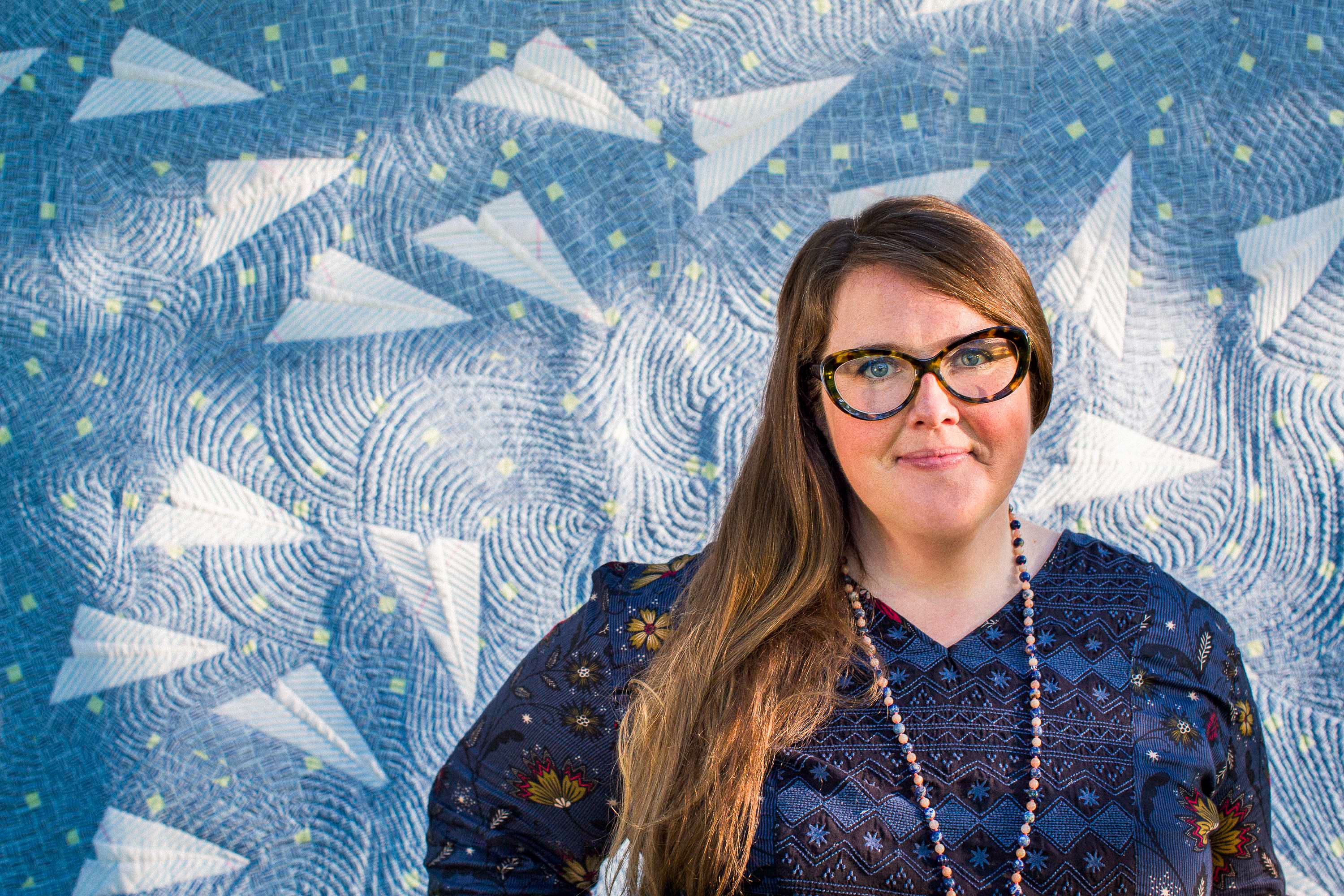
A drive to innovate. Determination to start a business. A knack for engineering new perspectives. Heather Givans embodies true Boilermaker work ethic—but with a twist.
Givans (LA’96) studied printmaking at Purdue and now owns Crimson Tate, a quilting fabric store in downtown Indianapolis.
Her quilting journey began with reluctance and drive.
During a summer break from Purdue, Givans worked as a counselor at Camp Tecumseh, a YMCA camp in Brookston, Indiana. The organization also hosted a quilting camp for adults, and Givans’s mom had been yearning to learn to sew. Givans thought sewing and quilting sounded boring, but she agreed to join her mom.
“I learned that quilting worked with my creative process,” Givans says. “Printmaking is kind of this abstract thing until you get to the end and an image appears. So, you have to think in a different way—it isn’t a linear process. That is true of quilting too. It’s very abstract until you get all the pieces put together at the end.”
Her mom never completed a quilt, but with a drive to master the process, Givans completed about 25 within her first year of learning. The quilting instructor usually completed five or six quilts a year.
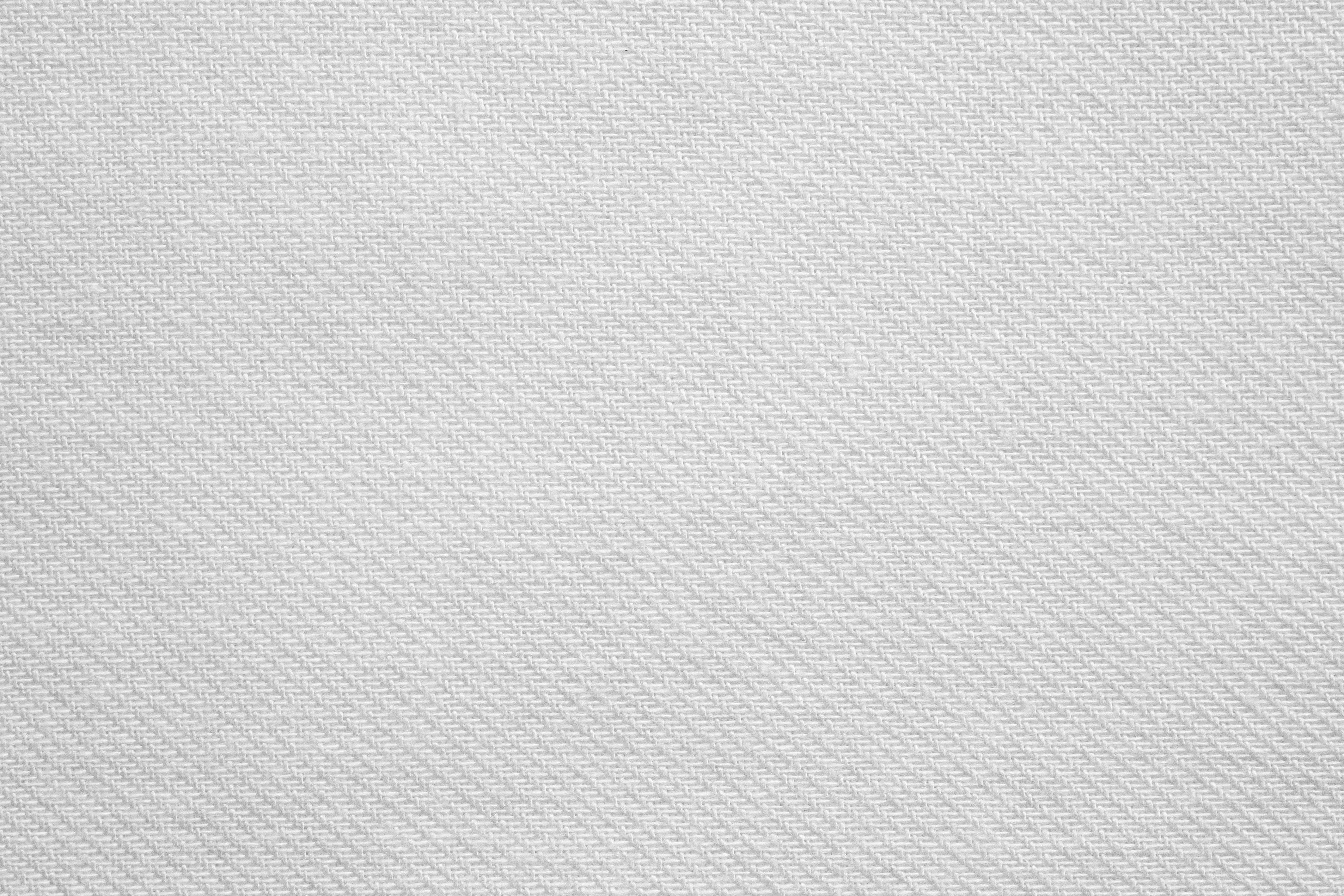
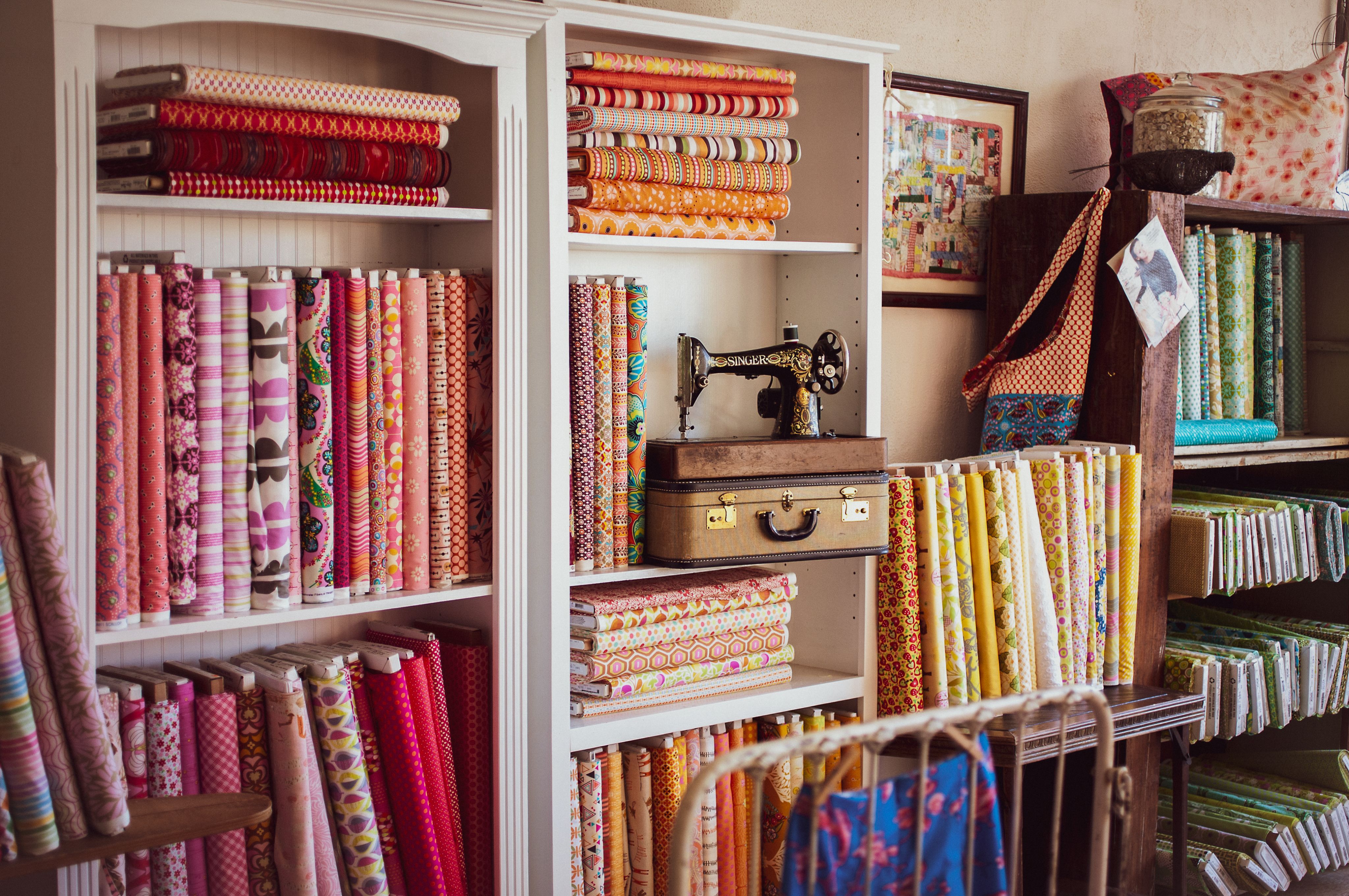
After graduating from Purdue, Givans was a high school art teacher for nearly 10 years.
All the while, she continued quilting and began making Harriet Headbands, cloth headbands with an elastic strap around the back. Living in Minnesota, she began wholesaling these to retailers across the Midwest and a few on the East Coast. Crimson Tate was born in 2011 after she moved back to Indiana.
“I decided to ride this wave of awesome and see where it took me,” Givans says. “I didn’t fully intend on opening a retail store, but it kind of just took off. It’s been amazing to be in an urban space. You wouldn’t think that downtown Indianapolis would be the right place for a quilting-focused fabric store, but it has totally worked out.”
Heather creates her own fabric designs that relate to her interests and has released eight collections for Windham Fabrics, a manufacturing company.
Her most recent collection, Pen Pals, includes vibrant colors and designs featuring novelty pens, paper, and other doodles, reminiscent of elementary-school pen pals. Givans wanted this collection to speak to the idea of community and the art of letter writing.
“I’m not trying to create a generic collection of fabric,” Givans says. “I want to create something that lends itself to my voice, which is something I learned while I was at Purdue.”
Givans’s Purdue experiences have also helped her navigate the business side of her career.
She remembers participating in a lot of critiques in Kathy Reeves’s printmaking class. Each student would present their artwork and receive critical feedback from Reeves and the rest of the class.
Now, Givans submits her artwork and attends calls with a group of people, including a marketing director, sales director, and company head, who decide if her work is appropriate for commercial use.
“It can be scary,” Givans says. “This is commercial art that is going to be reproduced thousands of times, so there has to be some general appeal. Sometimes, they want it; sometimes, they don’t. I felt completely prepared to have those conversations, and I would give a major thank you to Kathy for that.”
Givans was the first person in her family to earn a college degree, and she felt external pressures to choose a major with a more direct path.
“My dad is an awesome dude, but he was always asking what in the world I was going to do with an art degree,” Givans says. “I’m most proud that Crimson Tate generates jobs, and it makes my dad so proud too. To be a job creator through sheer creativity and hard work is really one of my proudest things. We have about 12 employees—that can be rare for a small business. I’ve got an amazing crew.”
Like a true Boilermaker, Givans pushed through the discomfort and followed the path she knew she needed to follow, now reaping the benefits of her hard work.
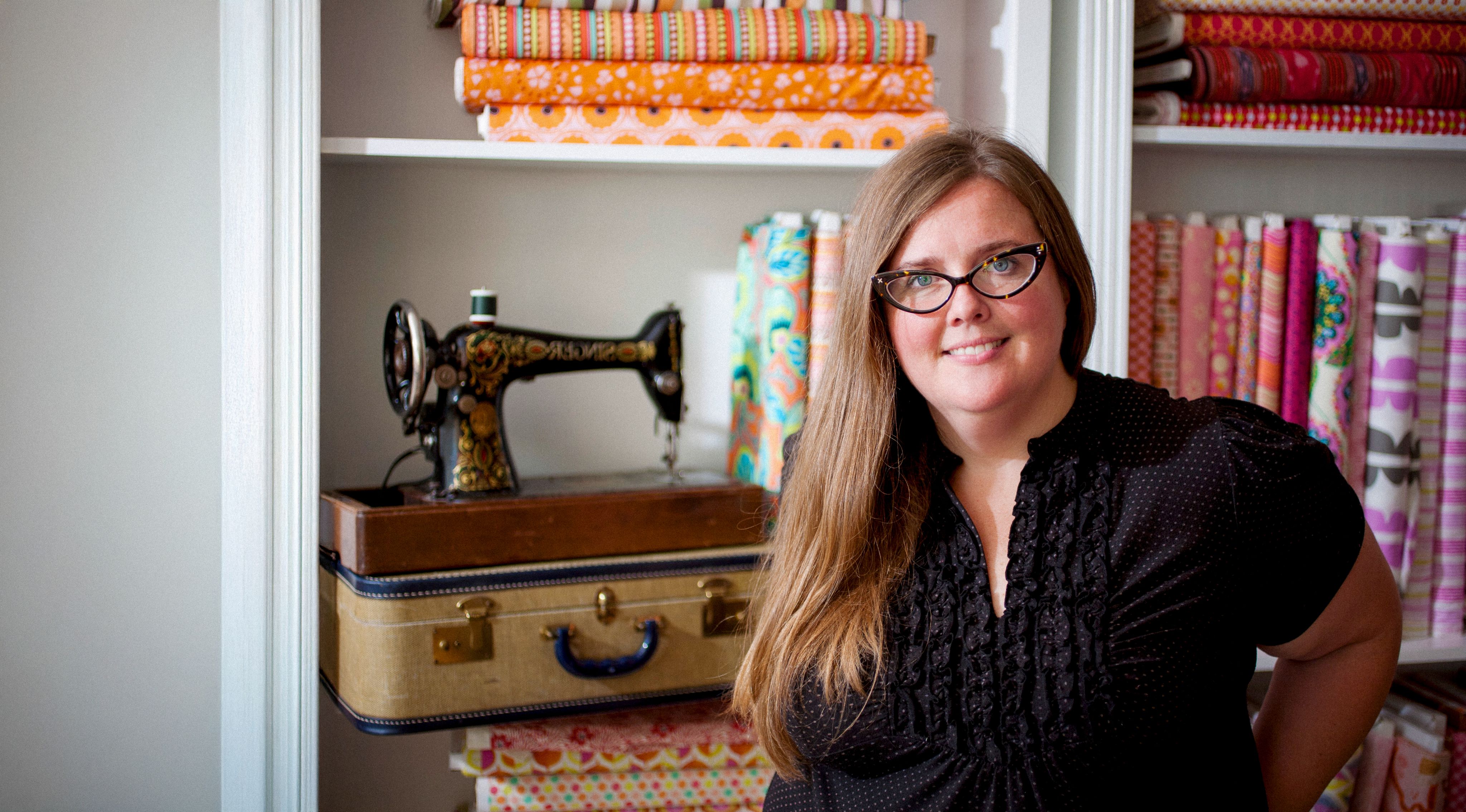
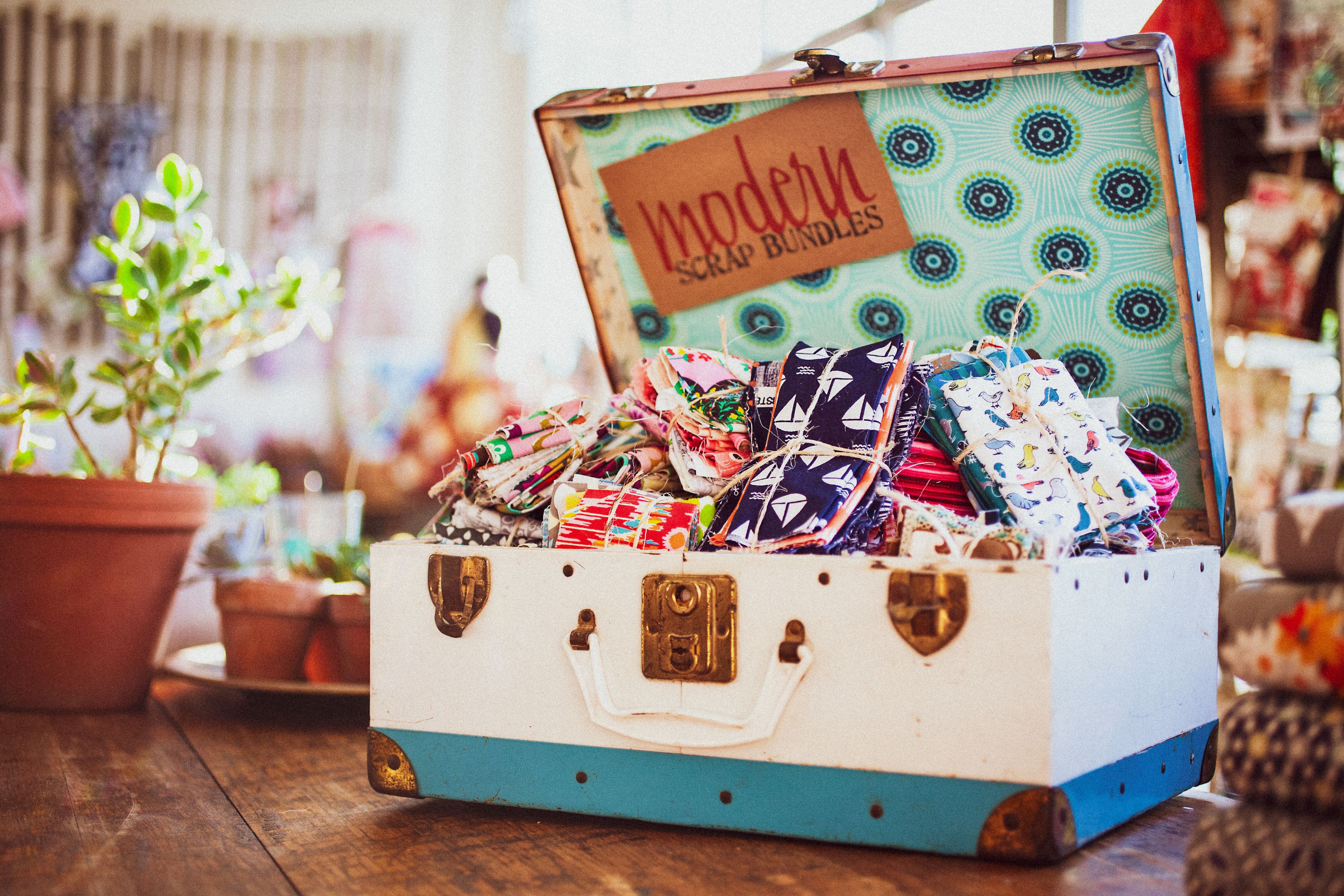
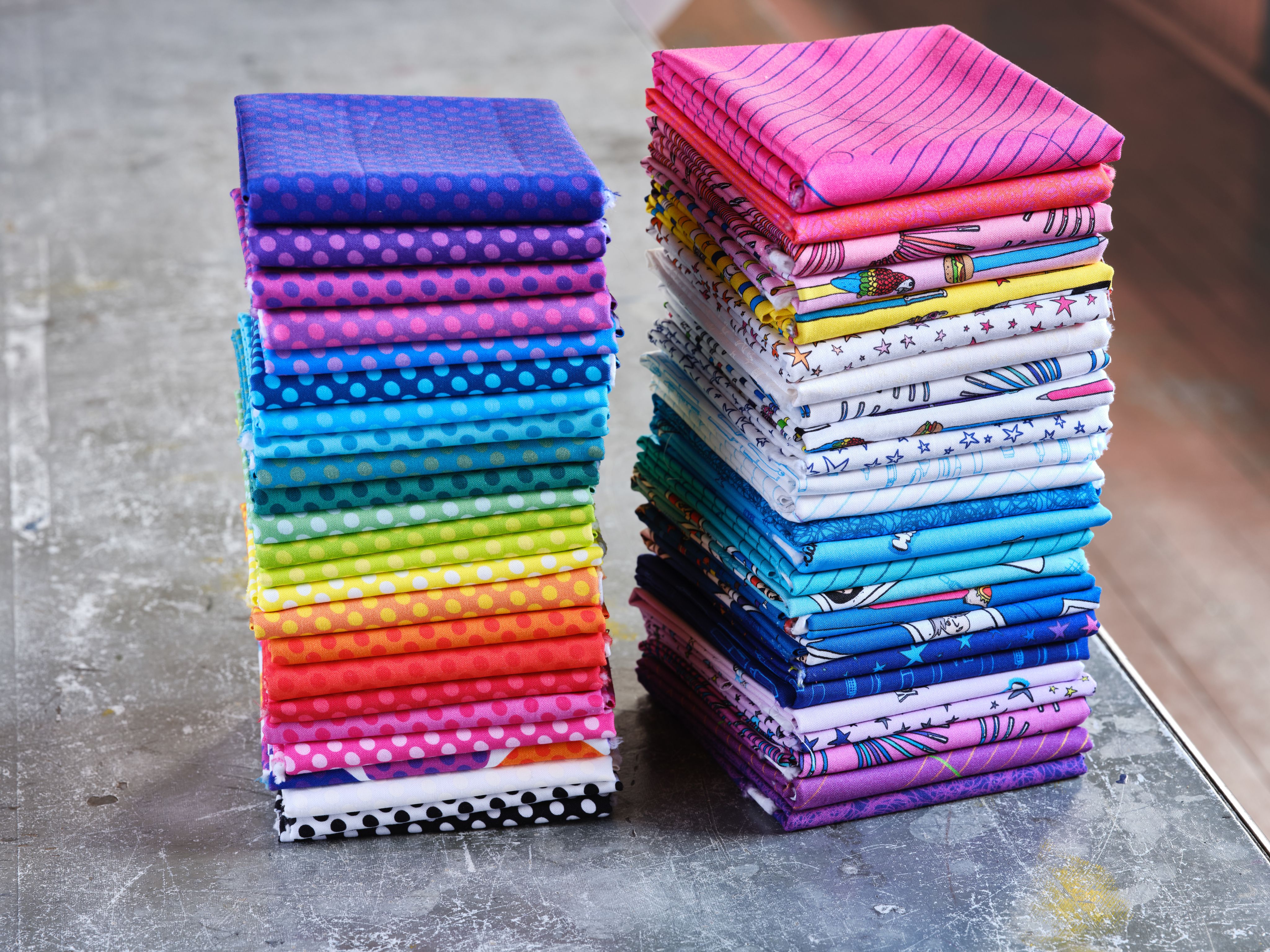
“There’s stigma behind being an artist,” Givans says. “People often say that you can’t work as an artist, but the reality is that you can. Everything we touch in this life has been designed by someone. I’m so honored that I get to design fabric for the quilting industry.”



